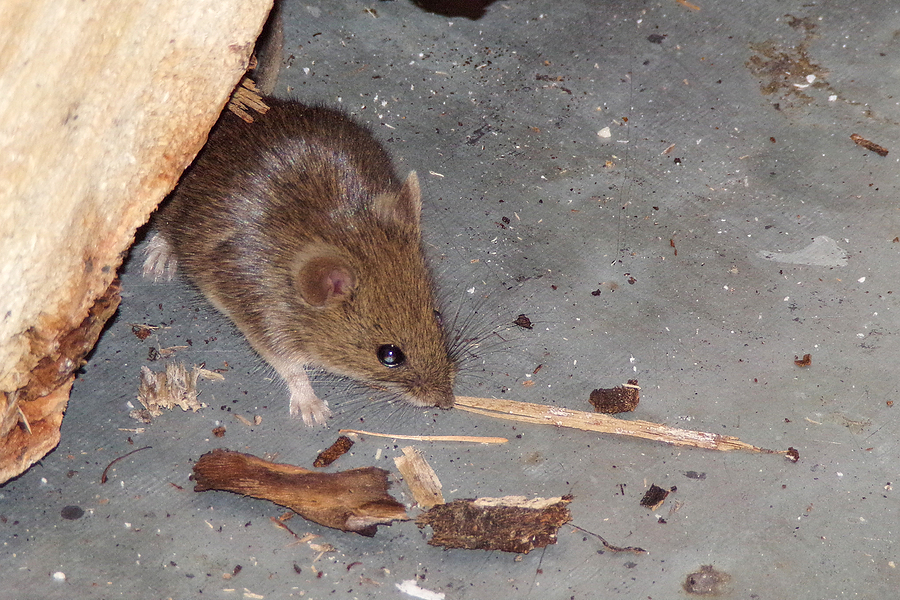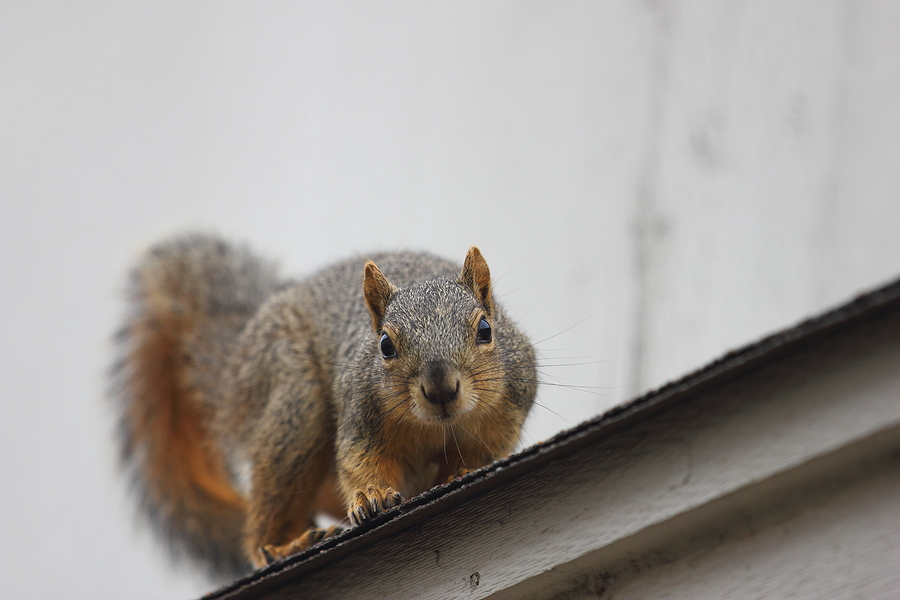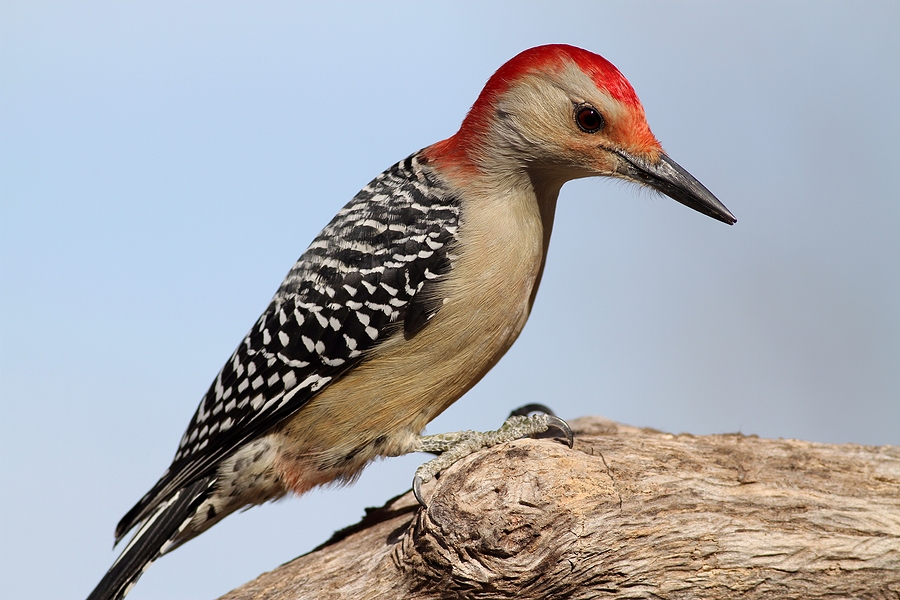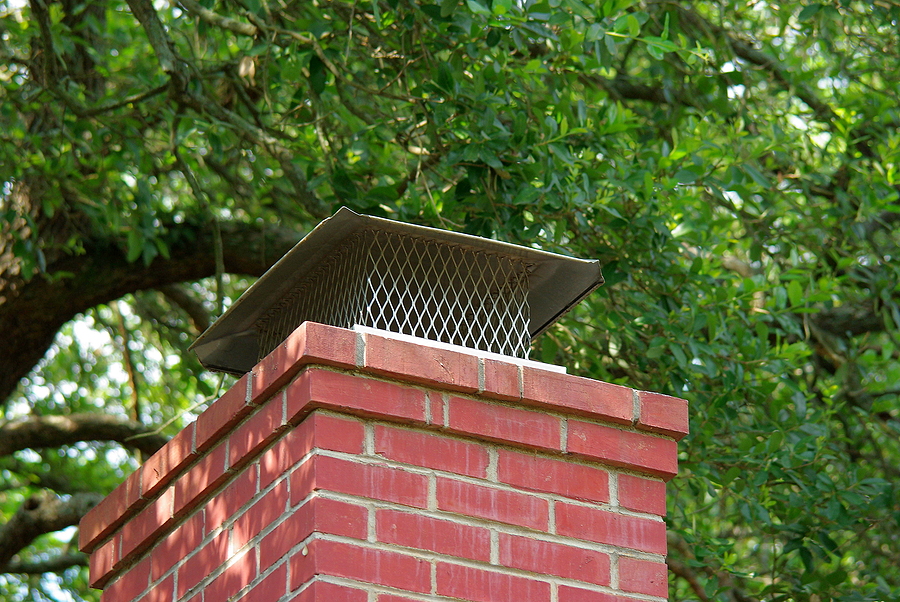Rodent infestations are a homeowner’s or business owner’s worst nightmare. Not only do they pose health risks and cause property damage, but they also multiply rapidly, increasing the severity of the situation if left unchecked.
In this comprehensive guide, we’ll explore the various methods for rodent removal, ensuring you’re equipped with both the DIY know-how and insights into when it’s vital to bring in the professionals. Whether you’re a novice or a seasoned pest control enthusiast, these strategies will help you regain control of your domain and keep it rodent-free.

Understanding Your Rodent Infestation Problems
Before we set out to eliminate these unwelcome guests, it’s crucial to understand the common rodents found in homes and businesses. Mice and rats are the most prevalent, with characteristics that affect choice of bait, trap sensitivity, and even entry point size. Knowing your enemy is the first step in mounting an effective rodent removal campaign.
Facts About Mice:
- Typically smaller with a slender body.
- Can fit through openings as small as a dime.
- Are notorious for their rapid breeding.
Facts About Rats:
- Larger with a more robust body.
- Require larger openings for entry.
- Prefer secluded areas and are more cautious than mice.
The Top 5 Proven Methods for Removing Rodents
1. Sealing Entry Points
Prevention is often more effective than cure, and sealing entry points is a foundational step for long-term rodent control. Inspect both the interior and exterior of your property for any potential entry points.
Rodent-Proofing Checklist:
- Fill small holes with steel wool or wire mesh to deter chewing.
- Use door sweeps and weather stripping to block gaps under doors.
- Trim tree branches and overhanging vegetation near your property to prevent roof access.
- Install metal grating or screens over vents and chimney openings.
- Ensure your property’s foundation is intact and sealed.
2. Setting Rat and Mouse Traps Effectively
Traps are the go-to choice for many homeowners and ranged from traditional snap traps to more humane live-catch and release versions. Effective trap placement is critical for success.
Effective Trap Placement Tips:
- Set traps perpendicular to walls where rodents commonly travel.
- Use high-quality bait, such as peanut butter, dried fruit, or a small amount of pet food, which can be changed regularly to remain fresh.
- Place traps in areas of high rodent activity, such as near nests or droppings.
- Set multiple traps in a variety of locations to increase chances of capturing rodents.
3. Using Natural Deterrents
For those looking for a more Eco-friendly approach, natural deterrents can be a viable solution. Plants like mint and lavender, with their potent scents, are known to repel rodents. Additionally, strong smells like ammonia can be a powerful deterrent.
DIY Natural Deterrents:
- Create sachets with dried mint and lavender and place them in rodent-prone areas.
- Mix 2-3 caps of ammonia with 2 cups of water and spray at entry points or areas of rodent activity.
- Spread cotton balls soaked in peppermint oil in corners and under sinks.
4. Employing Professional Pest Control Services
When the infestation is severe or the rodents in question pose a significant risk (for example, disease-carrying rats), it’s time to consider professional pest control services. Exterminators have the expertise and access to more potent, yet safe for humans, rodent removal and control methods.
When to Call a rodent removal service:
- If DIY methods have failed to yield results.
- If the infestation is widespread or consists of many rodents.
- If you’re dealing with aggressive or dangerous rodent species.
5. Maintaining a Clean Environment
Rodents are attracted to the resources and shelter an untidy environment provides. Regular cleaning and diligent maintenance not only help to remove rodents but also prevent their return.
Routine Maintenance Tips:
- Keep food in airtight containers or refrigerated.
- Clean up spills and crumbs immediately.
- Regularly dispose of garbage in sealed bins.
- Store firewood and other materials away from the home’s exterior.
- Limit clutter to reduce hiding and nesting spots.
Prevention Tips to Keep Rodents From Returning
While removing existing rodents is crucial, keeping them from returning is equally as important. Preventative measures must be ongoing, especially after a successful removal.
Ongoing Prevention Strategies:
- Perform regular inspections and maintenance of your property, looking for new entry points or signs of rodent activity.
- Trim vegetation and eliminate potential food and water sources that may attract rodents.
- Consider installing motion-activated lights or noise devices to deter rodents from inhabiting your space.
- Work with a pest control professional to develop a long-term rodent prevention plan.
Conclusion
Rodent removal is not just about eliminating the problem at hand—it’s about taking swift action, using a combination of strategies, and maintaining vigilance to keep these critters at bay. By employing the tips and methods outlined in this guide, you can successfully reclaim your property from the clutches of rodents.
For the most comprehensive and efficient rodent removal, consider enlisting the help of professional rodent removal companies. Their expertise, coupled with advanced tools and treatments, can ensure that your home or business remains a safe and welcoming space, free from these troublesome creatures. Don’t allow these pests to overrun your domain—take action today and enjoy a rodent-free future.
Remember that while DIY approaches are effective for small infestations, there are situations where professional intervention is not just preferable but necessary. Our team of experts at Virginia Wildlife Pros can help you find the best rodent removal and control solutions that fit both your budget and your ethical standards. We serve residential and commercial customers. Contact us at 804-292-0156 for a free quote.
Related Posts:
Common Signs of a Rat Infestation in Your House
How to Identify a Mouse Infestation in Your Home
Understanding Rodents: How to Prevent an Infestation









